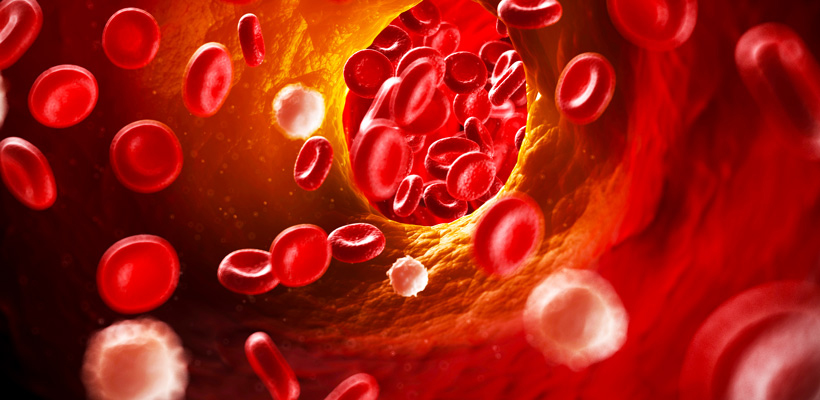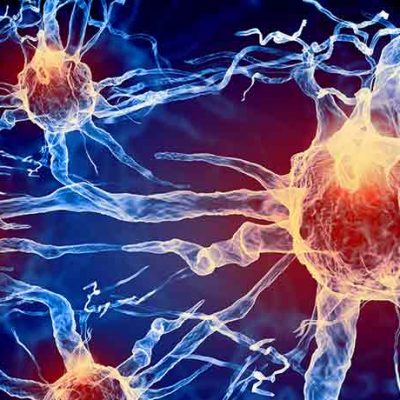
Blood-thinning therapy may limit metabolic inflammation
A study published in the Journal of Clinical Investigation has discovered a previously unknown link between obesity and inflammation. By testing genetically manipulated mouse tissue as well as human tissue from obese people, the researchers were able to identify that fibrinogen – a glycoprotein that features in clotting – binds to certain cells that fuel diet-induced obesity. Obesity promotes activation of the clotting system that leads to the conversion of fibrinogen to insoluble fibrin, this in turn leads to accumulation of white blood cells and inflammation. The researchers hope that by targeting fibrin or fibrinogen they may be able to limit the progression of obesity related disease.
By using a drug called dabigatran they were able to block the activity of the enzyme thrombin; this enzyme catalyses the conversion of fibrinogen to fibrin. In the mice this meant that they were protected from the onset of obesity related disease. In order to further prove their results, the scientists assessed the incidence of obesity related disease in genetically modified mice. These mice had a mutant form of fibrinogen and it was found that they were significantly protected from weight gain; they also had markedly less systemic inflammation. The researchers are hoping to continue their work in the future by assessing the effects of dabigatran on patients that are already taking it, whilst also examining the full effect of fibrin on inflammation and obesity.




